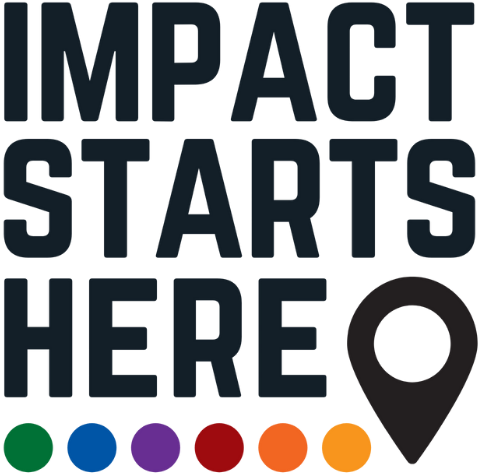
We develop compassionate community members who collaborate on strategic social impact. Our approach to this mission employs an innovative framework, strategies, and actions to provide students with a range of meaningful social impact learning experiences and skills that are applicable to their personal and professional lives.
We commit to our students and partners to be in alignment with this approach as best as we are able and are open to discuss constructive feedback on this commitment.
People who are involved in their communities and governance on local, national, and/or global levels.
![]()
Develop knowledge, skills, and values for effective social impact
![]()
Promote increasing the quality of life for all in a community
![]()
Make community a priority in values and life choices
A significant, positive change that addresses a pressing, community-identified social issue in a sustainable and just way.
![]()
Contributes to a greater good or positive social change
![]()
Addresses a pressing, community-identified issue
![]()
Commits to social actions that are sustainable and just
A theory of change explains the rationale behind how a particular strategy or intervention will bring about results. The theory of change for the Center for Social Impact is illustrated below.
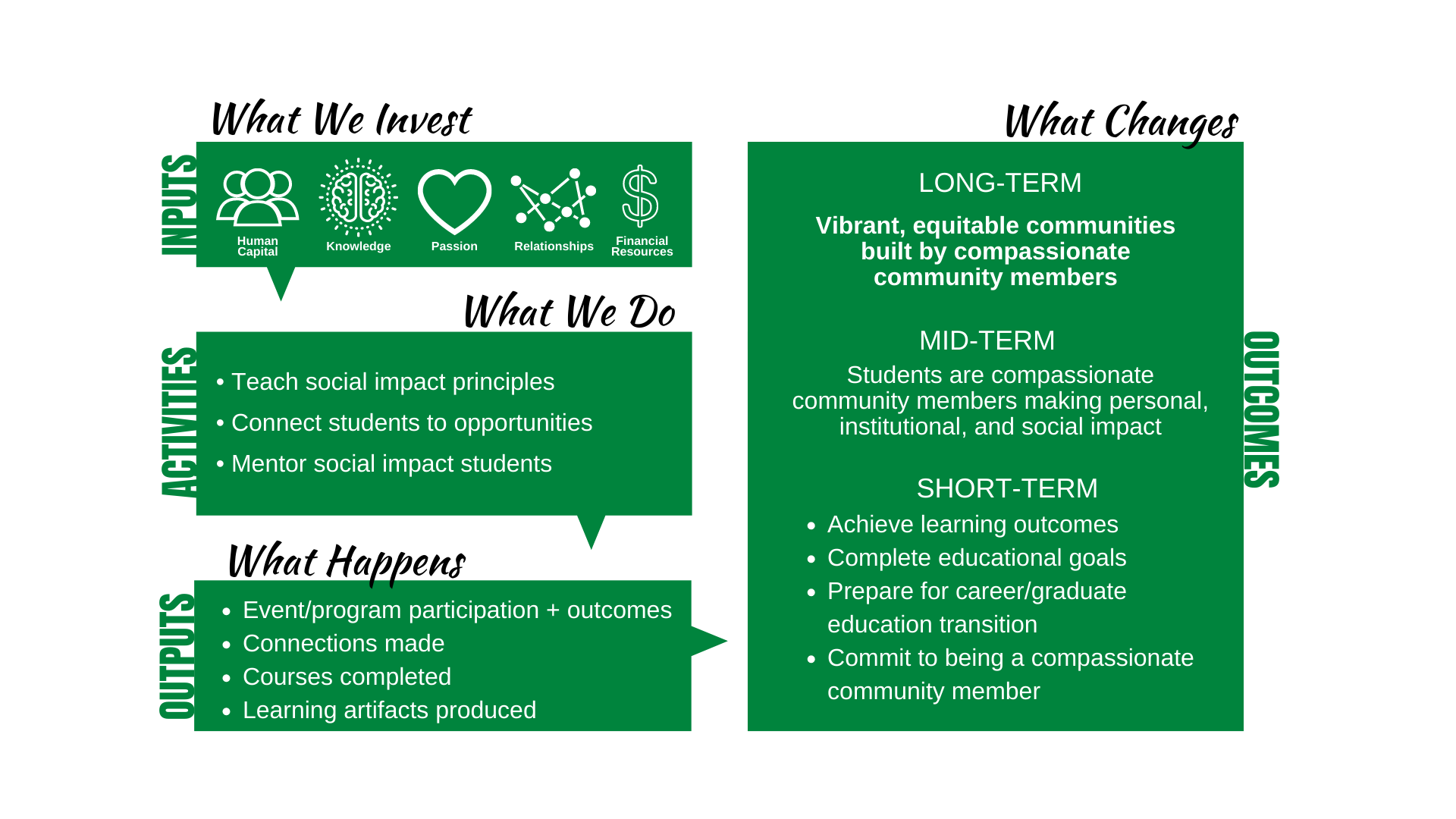
The field of social impact requires any intervention be held to the highest standard, as we seek to do no harm while addressing systemic problems. We also hold ourselves accountable to these values as practitioners and educators in this field. Click on the icons to read our definitions of these values.
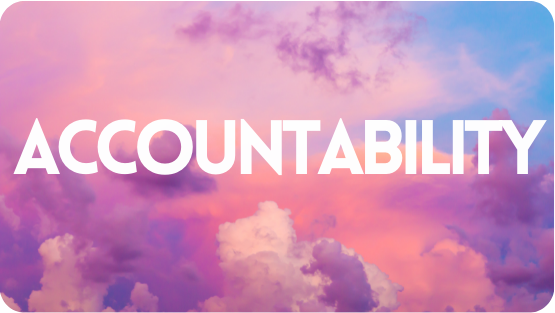
Accountability means holding ourselves responsible for our actions and the consequences of those actions, whether intentional or not, to all stakeholders. When actions have negative impact, we must acknowledge harm done and seek to make reparations according to the injured party. Accountability also requires a commitment to change behavior in meaningful ways to avoid future harm.
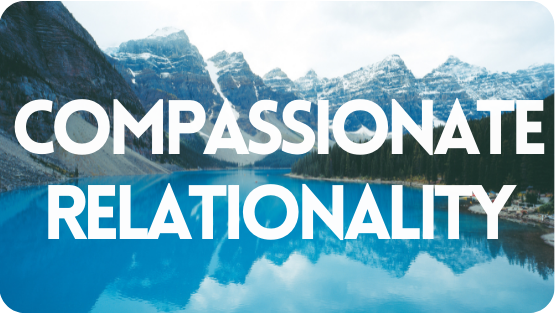
Diverse perspectives and passions are critical to making lasting social impact. We seek to create a space where those with whom we collaborate feel confident to bring their whole selves to the work. As we honor lived experience, intersecting identities, talent, skills, creativity, and vulnerability, we develop honest relationships to nurture innovative thought and interventions.
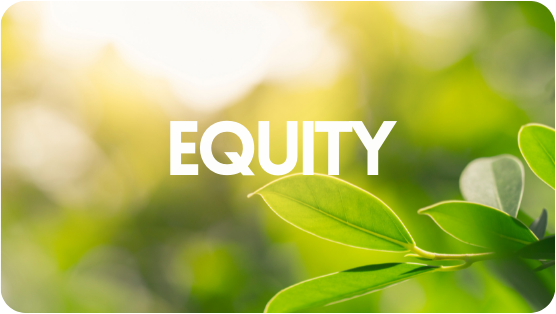
Equity means access to opportunities and resources is based on the needs of each recipient, taking into account individual, social, and historical contexts. For social impact interventions to be equitable, social issues must be approached at a systemic level and not reduced to individual behavior or isolated events.
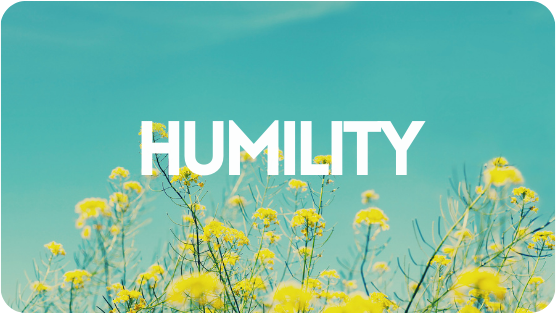
Humility in social impact is the awareness and acceptance that cultural, social, and historical contexts shape individuals’ experiences and perspectives, including the impact of power, privilege, and oppression. This also includes a personal understanding of how our own perspectives and behaviors impact others. Humility requires empathy, centering impacted individuals and not oneself, and a commitment to lifelong listening and learning.
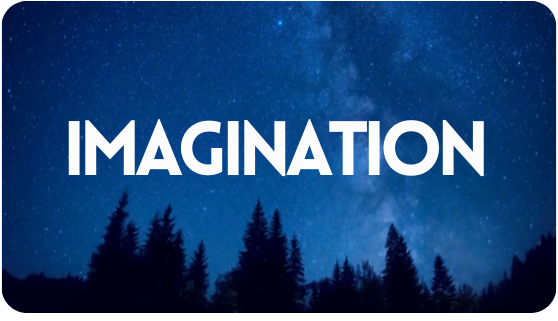
Social impact requires us to imagine a world that many people fail to see—one where life can be improved for all. Even in a world of limited resources, we push ourselves to think in expansive abundance, which often includes shifting perspectives and priorities. As we collectively develop and implement imaginative solutions, we hope to spark additional progress and innovation.
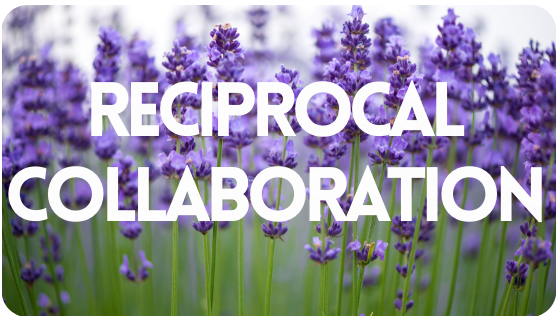
Social impact must be done in collaboration, with a shared responsibility of contributing to a mutual greater good, while still respecting the self-determination of affected communities. Those involved in social impact interventions cannot make assumptions, speak for, or impose interventions on a community. We reject any attempts at social impact work that stem from a savior mentality.
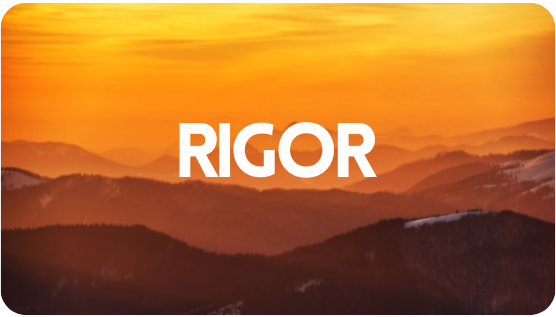
Because we aim to achieve positive, sustainable social impact with our communities, our work must meet the highest standards of rigor in terms of active engagement and critical thinking at deep levels, the seriousness of the field of social impact, and in performing work that challenges us to think in new and interesting ways. Rigor requires committing to an intentional approach to the work and should not be employed to gate keep participation.
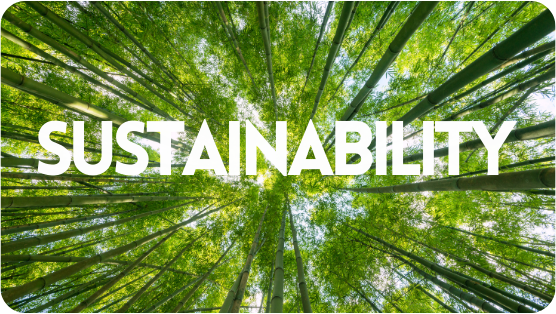
Social impact interventions are sustainable when they have the information, resources, and structural support to maintain the desired outcome as long as is required. This also includes that the use of resources required to meet the needs of the present does not compromise the ability of future generations to also meet their needs.
We promote a framework of diverse pathways for active citizenship. This framework is founded on two nationally-recognized models--the Pathways of Social Impact and the Active Citizen Continuum.
Developed by a group of universities led by Stanford University's Haas Center for Public Service, the Pathways of Social Impact describe a range of possibilities by which we can make a contribution to the common good. The pathways intersect and overlap, demonstrating the interdependent nature inherent in working toward the common good. No one path is superior to another, and people move in and out of these pathways over time. Click on the icons to learn more about each individual pathway.
Developed by Break Away, a national nonprofit, the Active Citizen Continuum is a powerful model that does not put people into permanent categories, but instead gives language to the journey one takes to become more engaged, inquisitive, and forward-thinking toward active citizenship.

By combining the Pathways of Social Impact and the Active Citizen Continuum to encompass a broad range of active citizenship, we design programs, initiatives, and collaborations to move students along the continuum from pathway entry points to more substantial community learning experiences.

We are committed to the concept of doing no harm. Ethical and sustainable social impact is possible when we are cognizant of biases and privilege, guided by community-identified needs, respectful and dignifying to cultures and communities, and willing to go where data and evidence leads.
Doing no harm while engaging in social impact means
![]()
Our guiding philosophy has led us to employ critical inclusion practices as we approach our work. These practices encourage students to understand positionality and power, listen to those with lived experience, and to form reciprocal relationships.
![]()
We find it critical to examine positionality and power dynamics of individuals and communities in order to effect positive social change. Positionality is both a concept that refers to each of our unique locations within social systems in relation to our identities (such as race, class, sexuality, gender, etc.), as well as a methodology of acknowledging our privilege as we engage in social impact work. By identifying positionality, we can critically analyze who holds power and why, and work to more equitably distribute power in order to create equity.
![]()

We are dedicated to the promotion and cultivation of reciprocal relationships with organizations across our community. We believe that collaboration should mutually benefit all parties whether through a sharing of time, resources, end product, or labor force.
We use the following strategies to ensure our recommended actions are just, sustainable, and equitable.
We teach systems thinking in order to understand complex social issues more thoroughly, by identifying unseen perspectives and vital levers of change, in order to inform well-strategized logic models. This approach includes the willingness to see a situation more fully, to recognize that all things are interrelated, to acknowledge that there are often multiple interventions to a problem, and to champion interventions that may not be popular.
![]()
![]()
Systems mapping follows systems thinking and strategizing as a form of visual story-telling. It includes creating visual and written depictions of a system that convey its narrative, players, and gaps in ways that are simple enough to be accessible to a larger audience. If done well, systems mapping can illuminate necessary levers of change and help create greater buy-in and consensus around thorough and sustainable social impact strategy.
New best practice for traditional design thinking is an upgraded framework referred to in the field of social impact as equity-centered design or liberatory design. Pioneers of this evolution of design thinking include the Creative Reaction Lab and the National Equity Project. Equity-centered design maintains the original steps of design thinking and adds needed elements for equitable community and social impact design: following lived experience in every step of the process, recognizing power and positionality, understanding historical context, and repairing harm.
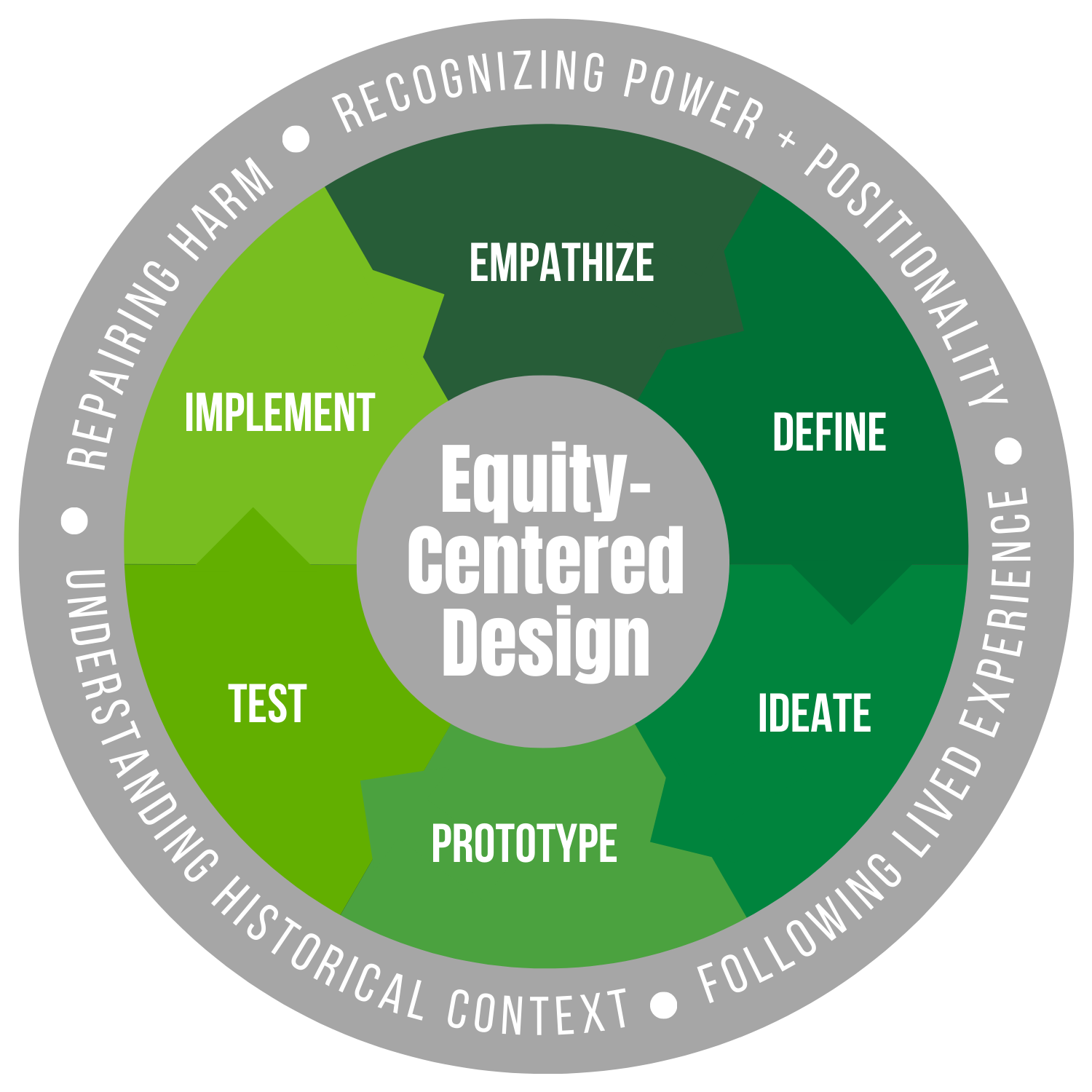
![]()
A theory of change is a flow-chart visual depiction of why and how a specific desired outcome is projected to occur. It includes planning what will be invested and what actions will be taken, what will happen due to those investments and actions, and what will measurably change within the context of the social problem as a result. A theory of change is a significant planning tool for those who care about effective and sustainable social impact measurement and evaluation.
Impact Measurement is the process of tracking key impact indicators through qualitative and quantitative research methods in order to assess and confirm whether a social intervention is producing positive, sustainable, and scalable impact. Impact measurement holds interveners accountable, by causing them to confront whether or not their impact outcomes are ethical and effective.
